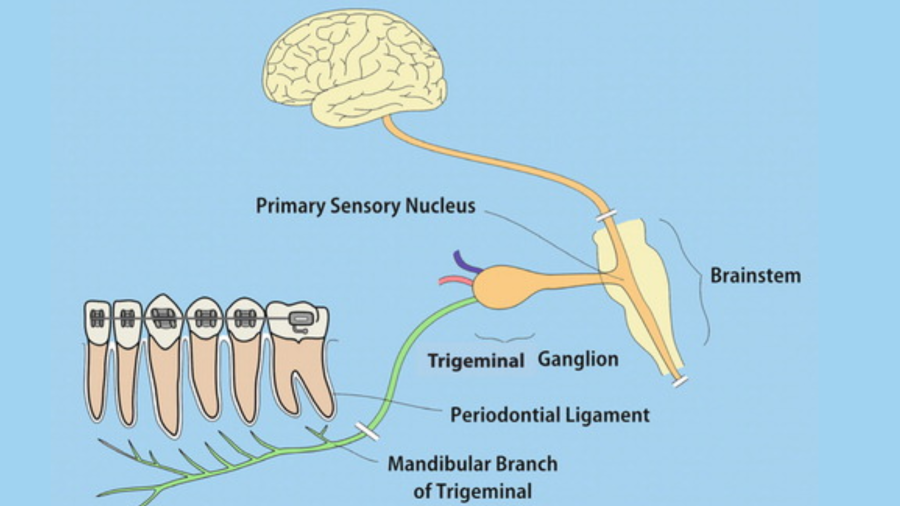
TEXAS: Further confirming earlier observations, a latest research involving 40,000 people has found that poor dental health can affect other body organs and may even lead to a decline in brain health, advising regular visits to the dentist, as well as, good oral hygiene at home.
New research indicates that markers of bad oral health, including gum disease, missing teeth, and plaque buildup, are associated with an increased risk of stroke.
The preliminary research, which hasn’t been published yet in a peer-reviewed journal, is being presented at the American Stroke Association’s International Stroke Conference in Dallas.
The researchers say their study adds to the current body of knowledge surrounding the link between poor oral health and negative health outcomes elsewhere in the body.
Dr Cyprien Rivier, a study author and a postdoctoral fellow in neurology at the Yale School of Medicine in Connecticut, observes that while previous research linked poor dental health to heart disease risk factors, the new one evaluated the relationship between oral health and brain health.
“Our study expands existing evidence showing the adverse effects of oral health on cardiovascular health by extending it to brain health,” he explains. “The core message is that we need to be extra careful with our oral hygiene, because it has implications far beyond the mouth.”
Cavities, missing teeth, and dentures
Rivier and his colleagues reported that people with a genetic predisposition to cavities and missing teeth were more likely to have brain health issues.
By analysing the data of about 40,000 adults, with an average age of 57 in the UK, Biobank researchers said they found that people with poor oral health were more likely to have accumulated damage in the brain’s white matter.
Rivier said the next avenues for research include replicating these findings in different populations.
“If this research is confirmed, taking measures to improve oral health could lead to significant benefits at a population level,” he said. “We also hope that our work will encourage future research on the effects of oral health on other organs and conditions.”
Rivier also noted that the study is preliminary and more evidence, ideally through clinical trials, needs to be gathered in order to show that improving oral health leads to brain health benefits.


